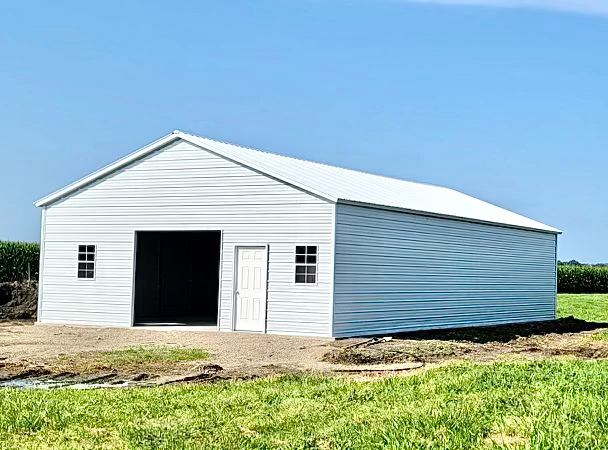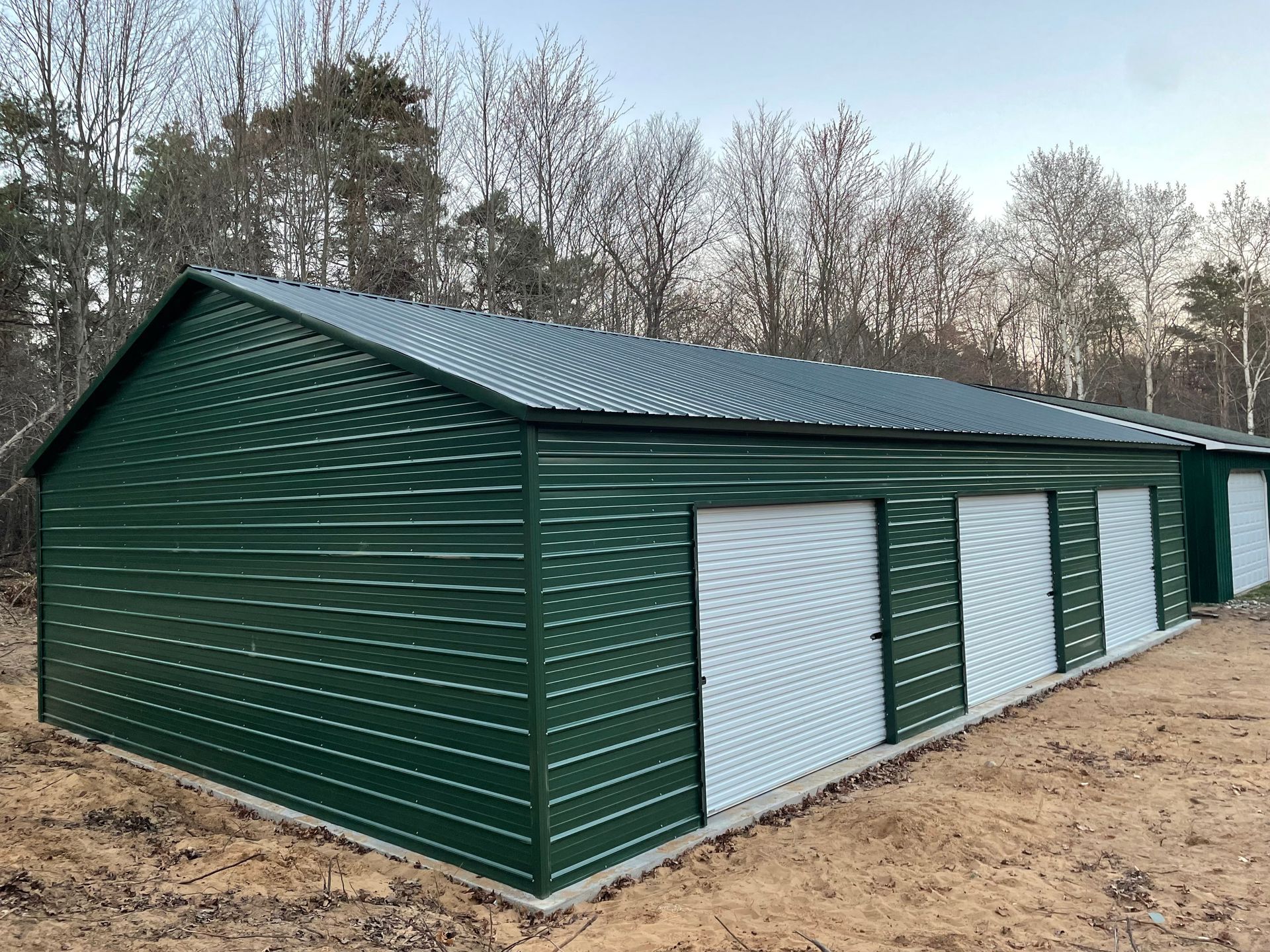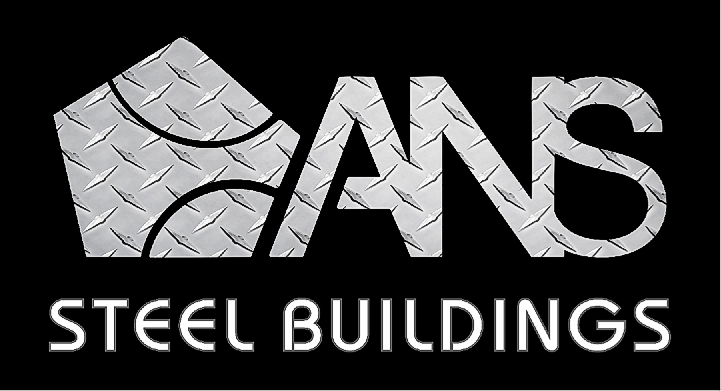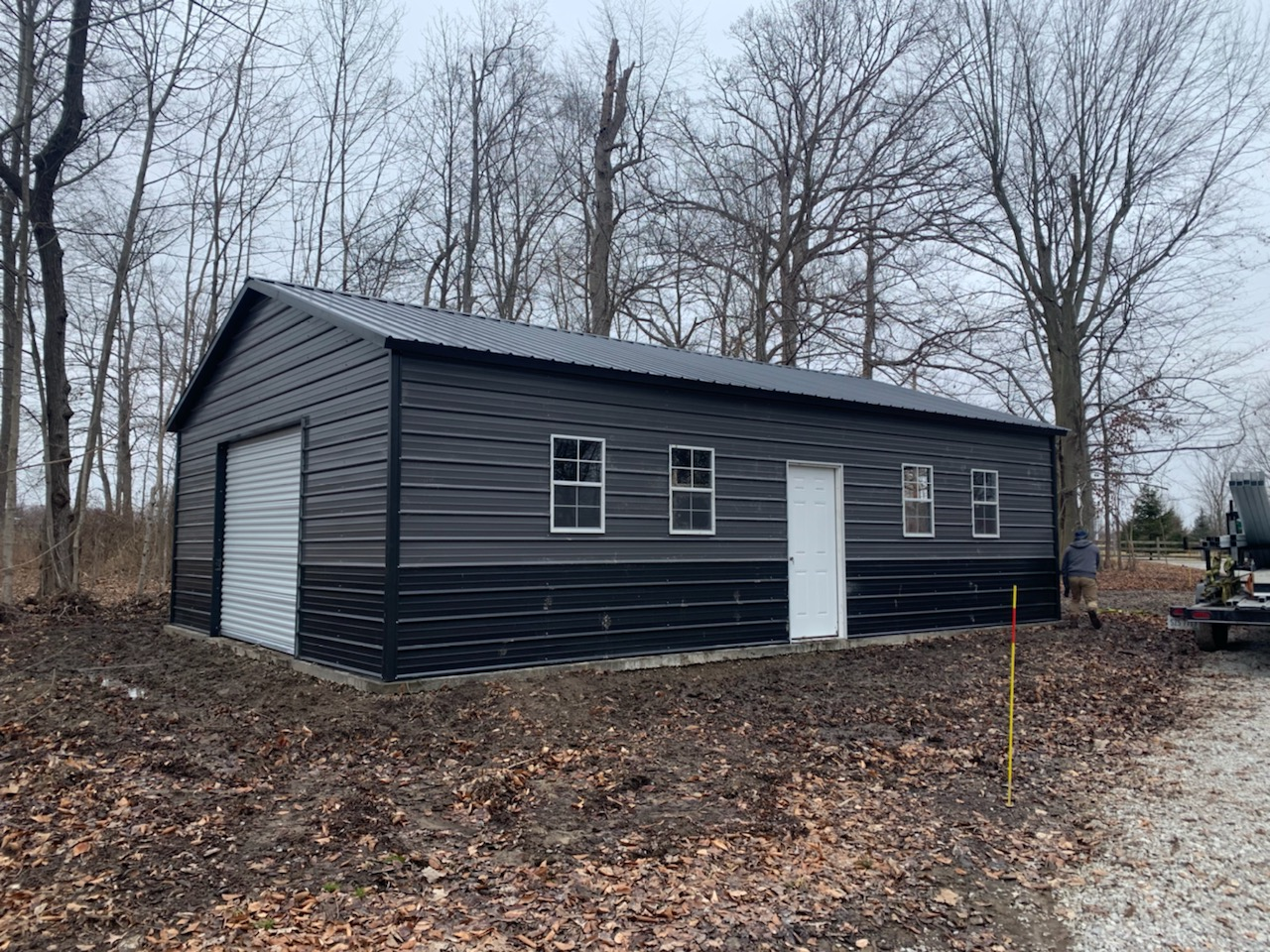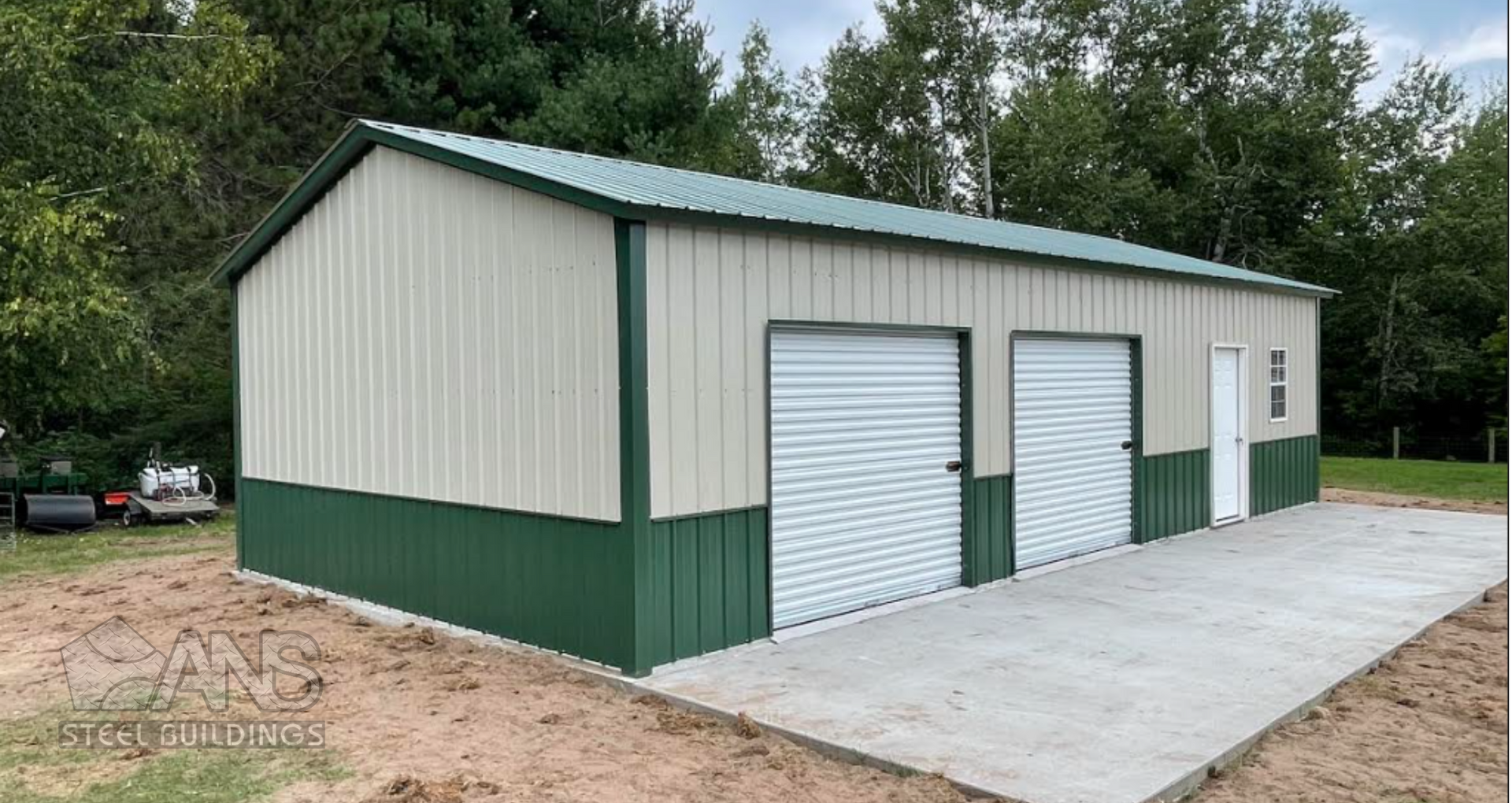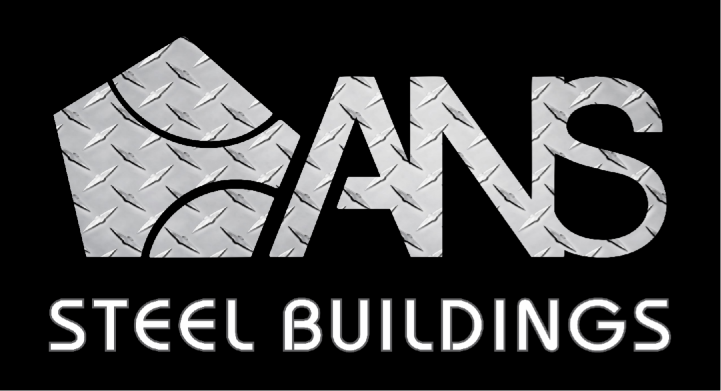How to Choose the Right Steel Building for Your Business: A Complete Guide
Steel buildings have become the go-to solution for businesses seeking a durable, flexible, and cost-effective structure. Whether you're building a warehouse, office, retail store, or manufacturing facility, choosing the right steel building is a critical decision that affects your operations, costs, and future growth.
In this guide, we break down everything you need to know to make the best choice for your business needs.
Why Steel Buildings Are Ideal for Commercial Use
Durability and Longevity
Steel is highly resistant to weather, pests, fire, and corrosion. This makes steel buildings a long-term investment that requires minimal maintenance.
Cost-Effectiveness
Steel structures are typically more affordable than traditional construction, especially when you factor in long-term savings on maintenance and energy efficiency.
Fast Construction
Pre-engineered steel buildings can be erected in a fraction of the time it takes to build with wood or concrete, reducing downtime for your business.
Customization Flexibility
Modern steel buildings can be tailored to fit virtually any commercial need—offices, garages, retail, agricultural storage, or industrial facilities.
Key Factors to Consider When Choosing a Steel Building
1. Determine Your Business Needs
Start with a clear understanding of your current and future operational requirements.
- Size and layout: Do you need open floor space, multiple rooms, or tall ceilings?
- Usage type: Will it house machinery, inventory, office space, or a combination?
- Location: Climate, site conditions, and zoning laws will influence your building choice.
2. Choose the Right Building Type
Steel buildings come in various designs. Choose the one that suits your business:
- Clear-span buildings: Ideal for warehouses and manufacturing with open interior space.
- Multi-span buildings: Better for segmented or multi-use facilities.
- Hybrid structures: Combine steel with other materials like glass or wood for aesthetic appeal.
3. Understand Local Zoning and Building Codes
Every area has regulations governing construction. Make sure your project complies with:
- Local zoning laws
- Permitting requirements
- Wind, snow, and seismic load standards
Working with a knowledgeable steel building supplier ensures these aspects are handled professionally.
4. Select the Right Custom Features
Enhance the functionality and appearance of your building with the right features:
- Insulation systems for energy efficiency
- Windows and skylights for natural lighting
- Roll-up doors, ventilation, and HVAC for operational efficiency
- Exterior finishes like stucco, brick, or custom paint for branding
5. Plan for Future Expansion
Choose a design that can grow with your business. Modular steel buildings allow for easy additions, saving time and money down the line.
6. Set a Realistic Budget
Factor in:
- The building kit cost
- Site preparation
- Foundation and installation
- Interior finishes and utilities
Avoid underestimating soft costs like permits, design fees, and inspection charges.
Working with the Right Steel Building Supplier
Why Supplier Experience Matters
An experienced supplier like ANS Steel Buildings can help you:
- Navigate building codes and permits
- Choose the best configuration for your needs
- Ensure fast delivery and efficient assembly
- Access support during and after construction
What to Look for in a Supplier
- Transparent pricing and timelines
- Strong warranty and after-sales support
- A portfolio of completed commercial projects
- In-house design and engineering capabilities
Final Thoughts: Making a Smart Investment
Choosing the right steel building is about more than just structure—it's about aligning your physical space with your business goals. With proper planning, the right features, and a trusted partner like ANS Steel Buildings, you can create a high-performing, cost-effective space that grows with your business.
